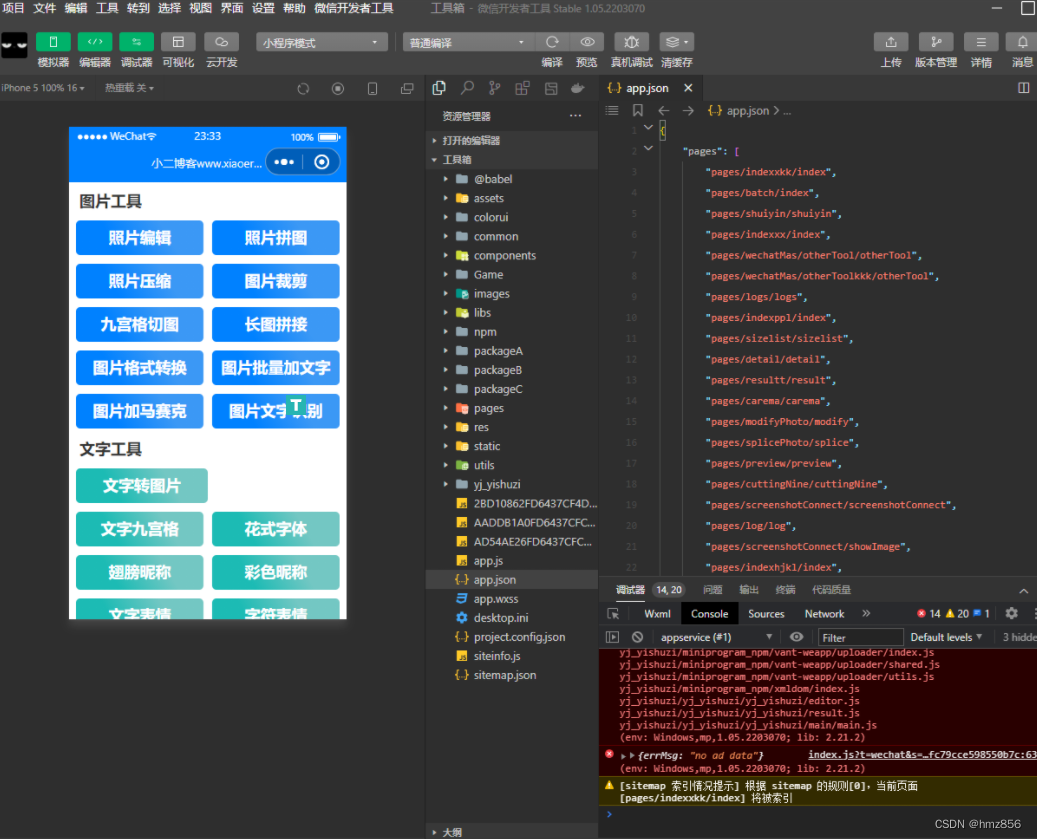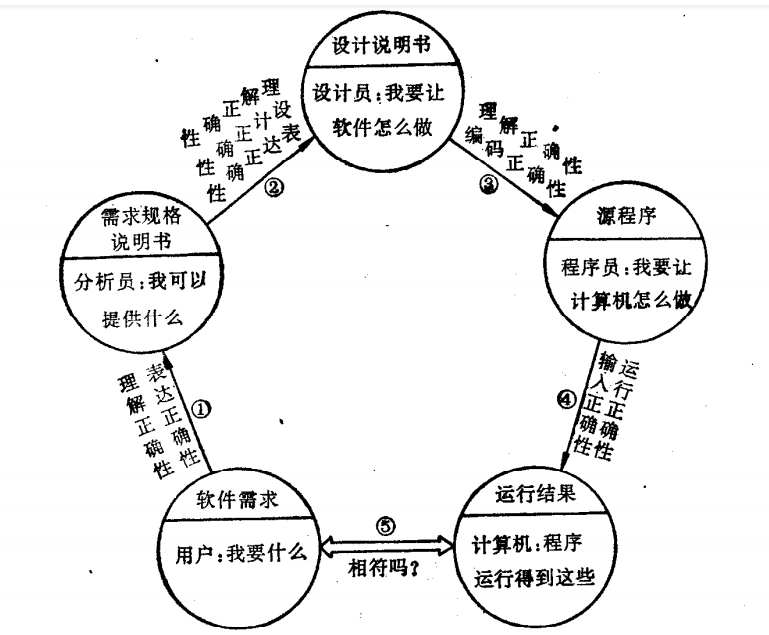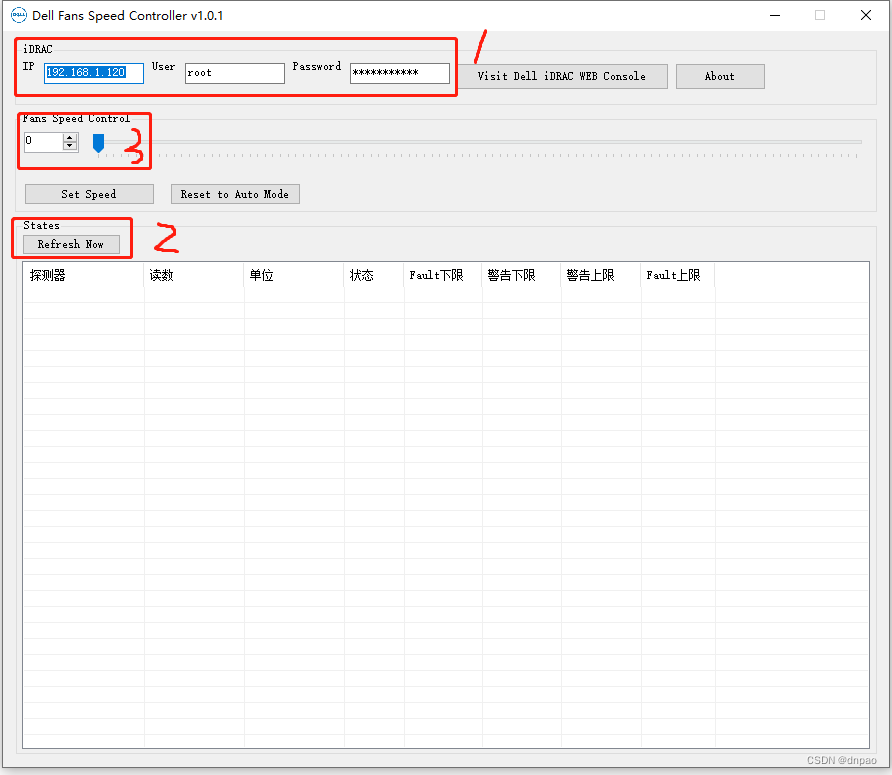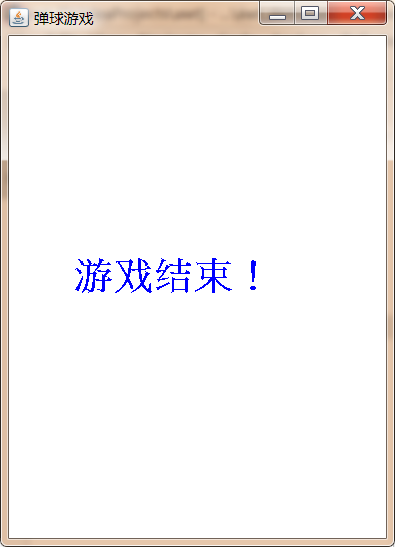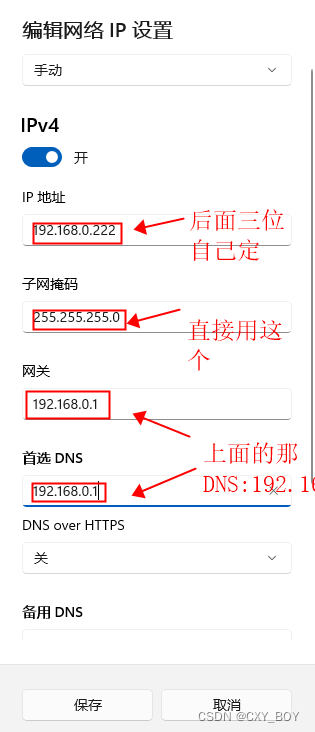文章目录
- 前言
- 以实现优先队列来描述实现思想
- 基本类型的包装类型
- 比较函数
- 演示
- 总结
前言
最近一段时间在复习数据结构和算法,用的C语言,不得不说,不学个高级语言再回头看C语言根本不知道C语言的强大和完美,不过相比之下也有许多不便利的地方,尤其是以下两个方面:
- 没有异常处理机制
- 没有泛型
其中第一方面之前就解决了,详情请看在C语言中实现类似面向对象语言的异常处理机制,今天下午有空来实现一下泛型。不得不说,通过异常处理机制和泛型的实现,既让我C语言使用的得心应手,又让我对高级语言的设计有了亲身般体验。
以实现优先队列来描述实现思想
首先C语言本身不支持泛型,这意味着实现泛型有以下两个困难(解决这两个困难也就意味着成功):
- ①:类型信息在编译前就已经确定了
- ②:类型信息不能像参数一样传递
有了目标就轻松多了,于是我立刻就想到了函数的可变参数<stdarg.h>,请看下面的DEMO:
PackagingTypeList intBatchValueOf(int size, ...) {PackagingTypeList list = calloc(size, sizeof(PackagingType *));va_list argList;va_start(argList, size);for (int i = 0; i < size; ++i) {union PackagingType *pack = malloc(sizeof(PackagingType));pack->intValue = va_arg(argList, int);*(list + i) = pack;}va_end(argList);return list;
}
在使用va_arg取可变参数时我们确实直接将int类型作为参数传递了,这就意味着困难②克服了,那么困难①呢?于是我继续研究,我发现函数的参数存储在一个GCC内置的数据结构中:
typedef struct {void *__stack; /* __stack 记录下一个匿名栈参数的存储位置, 随着va_arg的调用可能变化 */void *__gr_top; /* __gr_top 记录最后一个匿名通用寄存器参数的尾地址, 其不随va_arg调用变化 */void *__vr_top; /* __vr_top 记录最后一个匿名浮点寄存器参数的尾地址, 其不随va_arg调用变化 */int __gr_offs; /* __gr_offs 记录下一个匿名通用寄存器参数到__gr_top的偏移(负数),随着va_arg的调用可能变化 */int __vr_offs; /* __vr_offs 记录下一个匿名浮点寄存器参数到__vr_top的偏移(负数),随着va_arg的调用可能变化 */
} __builtin_va_list;
这就意味着要想克服困难①就必须得到编译器的支持,显然这是不可能的,于是我果断放弃了,但困难②的克服给我了灵感,va_arg是一个宏定义,强大的预处理器赋予了C语言元编程的能力,这就是我想到的第一种方法:
- 克服困难①:使用宏定义在编译时定义可以存储指定类型的优先队列,
- 克服困难②:使用带参数的宏传递类型信息
于是第一种方案诞生了:
#define PriorityQueueNode(TYPE) \
{ \typedef struct PriorityQueueNode_##TYPE{ \TYPE data; \struct PriorityQueueNode *next; \struct PriorityQueueNode *prior; \}PriorityQueueNode_##TYPE; \
}while(false)#define priorityQueueEnQueue(TYPE) \
{ \void priorityQueueEnQueue_##TYPE(struct PriorityQueue_##TYPE queue,TYPE data){ \... \} \
}while(false)#define PriorityQueue(TYPE, NAME) \
{ \PriorityQueueNode(TYPE); \priorityQueueEnQueue(TYPE) \PriorityQueueNode_##TYPE head={.next=NULL,.prior=NULL}; \struct PriorityQueue_##TYPE{ \PriorityQueueNode *front; \PriorityQueueNode *rear; \void (* priorityQueueEnQueue)(struct PriorityQueue_##TYPE,TYPE); \} NAME={ \.front=&head, \.rear=&head \.priorityQueueEnQueue=priorityQueueEnQueue_##TYPE \}; \
}while(false)
不过还没等写完我就放弃了,因为这太不优雅了,这其实和单独为每种类型定义一个优先队列没什么区别,于是我又想到了void*指针,这就是我想到的第二个方法,也是最终实现的方法:
- 克服困难①:使用
void*指针存储任意数据类型的指针,实际存储数据的空间由调用者分配 - 克服困难②:在数据结构内部需要类型信息的地方通过传入的函数完成,这个函数也由调用者提供
//PriorityQueue.h#ifndef INC_2023_PRIORITYQUEUE_H
#define INC_2023_PRIORITYQUEUE_H#include "../../../util/Util.h"typedef struct PriorityQueueNode PriorityQueueNode;
typedef struct PriorityQueue *PriorityQueue;/*** 构造带头结点的优先队列* @param compare* @return*/
PriorityQueue priorityQueueConstructor(int (*compare)(void *, void *)) throws NULL_POINTER_EXCEPTION;/*** 销毁优先队列* @param queue*/
void priorityQueueFinalize(PriorityQueue queue) throws NULL_POINTER_EXCEPTION;/*** 优先队列是否为空* @param queue* @return*/
bool priorityQueueIsEmpty(PriorityQueue queue) throws NULL_POINTER_EXCEPTION;/*** 入队* @param queue* @param element*/
void priorityQueueEnQueue(PriorityQueue queue, void *element) throws NULL_POINTER_EXCEPTION;/*** 出队* @param queue* @return*/
void *priorityQueueDeQueue(PriorityQueue queue) throws NULL_POINTER_EXCEPTION;#endif //INC_2023_PRIORITYQUEUE_H
//PriorityQueue.c#include "PriorityQueue.h"struct PriorityQueueNode {void *data;PriorityQueueNode *next;PriorityQueueNode *prior;
};struct PriorityQueue {PriorityQueueNode *front;PriorityQueueNode *rear;int (*compare)(void *, void *);
};/*** 构造带头结点的优先队列* @param compare* @return*/
PriorityQueue priorityQueueConstructor(int (*compare)(void *, void *)) throws NULL_POINTER_EXCEPTION {if (compare == NULL) {throw Error(NULL_POINTER_EXCEPTION, "比较函数不能为空");}PriorityQueue queue = malloc(sizeof(struct PriorityQueue));//头结点queue->front = queue->rear = malloc(sizeof(PriorityQueueNode));queue->front->next = NULL;queue->front->prior = NULL;queue->compare = compare;return queue;
}/*** 销毁优先队列* @param queue*/
void priorityQueueFinalize(PriorityQueue queue) throws NULL_POINTER_EXCEPTION {if (queue == NULL) {throw Error(NULL_POINTER_EXCEPTION, "优先队列不能为空");}for (; !priorityQueueIsEmpty(queue);) {priorityQueueDeQueue(queue);}free(queue->front);free(queue);
}/*** 优先队列是否为空* @param queue* @return*/
bool priorityQueueIsEmpty(PriorityQueue queue) throws NULL_POINTER_EXCEPTION {if (queue == NULL) {throw Error(NULL_POINTER_EXCEPTION, "优先队列不能为空");}if (queue->front == queue->rear) {return true;} else {return false;}
}/*** 入队* @param queue* @param element*/
void priorityQueueEnQueue(PriorityQueue queue, void *element) throws NULL_POINTER_EXCEPTION {if (queue == NULL) {throw Error(NULL_POINTER_EXCEPTION, "优先队列不能为空");}PriorityQueueNode *node = malloc(sizeof(PriorityQueueNode));node->data = element;//如果新加入元素优先级比队尾元素优先级小则直接插入队尾,否则就遍历优先队列找到合适的插入位置if (priorityQueueIsEmpty(queue) || queue->compare(queue->rear->data, node->data) > 0) {node->next = NULL;node->prior = queue->rear;queue->rear->next = node;queue->rear = node;} else {for (PriorityQueueNode *temp = queue->front->next; temp != NULL; temp = temp->next) {if (queue->compare(temp->data, node->data) <= 0) {node->next = temp;node->prior = temp->prior;temp->prior->next = node;temp->prior = node;break;}}}
}/*** 出队* @param queue* @return*/
void *priorityQueueDeQueue(PriorityQueue queue) throws NULL_POINTER_EXCEPTION {if (queue == NULL) {throw Error(NULL_POINTER_EXCEPTION, "优先队列不能为空");}if (!priorityQueueIsEmpty(queue)) {PriorityQueueNode *node = queue->front->next;void *data = node->data;if (queue->rear == node) {queue->rear = queue->front;queue->front->next = NULL;} else {queue->front->next = node->next;node->next->prior = queue->front;}free(node);return data;} else {return NULL;}
}
基本类型的包装类型
为了方便基本类型指针的获取,我定义了基本类型的包装类型:
//PackagingType.h#ifndef DSA_PACKAGINGTYPE_H
#define DSA_PACKAGINGTYPE_H#include <stdbool.h>
#include <stdarg.h>
#include <stdlib.h>typedef union PackagingType PackagingType, **PackagingTypeList;int getIntValue(void *element);float getFloatValue(void *element);double getDoubleValue(void *element);char getCharValue(void *element);bool getBoolValue(void *element);PackagingType *intValueOf(int value);PackagingTypeList intBatchValueOf(int size, ...);PackagingType *floatValueOf(float value);PackagingTypeList floatBatchValueOf(int size, ...);PackagingType *doubleValueOf(double value);PackagingTypeList doubleBatchValueOf(int size, ...);PackagingType *charValueOf(char value);PackagingTypeList charBatchValueOf(int size, ...);PackagingType *boolValueOf(bool value);PackagingTypeList boolBatchValueOf(int size, ...);#endif //DSA_PACKAGINGTYPE_H//PackagingType.cunion PackagingType {int intValue;float floatValue;double doubleValue;char charValue;bool boolValue;
};int getIntValue(void *element) {return ((PackagingType *) element)->intValue;
}float getFloatValue(void *element) {return ((PackagingType *) element)->floatValue;
}double getDoubleValue(void *element) {return ((PackagingType *) element)->doubleValue;
}char getCharValue(void *element) {return ((PackagingType *) element)->charValue;
}bool getBoolValue(void *element) {return ((PackagingType *) element)->boolValue;
}PackagingType *intValueOf(int value) {union PackagingType *pack = malloc(sizeof(PackagingType));pack->intValue = value;return pack;
}PackagingTypeList intBatchValueOf(int size, ...) {PackagingTypeList list = calloc(size, sizeof(PackagingType *));va_list argList;va_start(argList, size);for (int i = 0; i < size; ++i) {union PackagingType *pack = malloc(sizeof(PackagingType));pack->intValue = va_arg(argList, int);*(list + i) = pack;}va_end(argList);return list;
}PackagingType *floatValueOf(float value) {union PackagingType *pack = malloc(sizeof(PackagingType));pack->floatValue = value;return pack;
}PackagingTypeList floatBatchValueOf(int size, ...) {PackagingTypeList list = calloc(size, sizeof(PackagingType *));va_list argList;va_start(argList, size);for (int i = 0; i < size; ++i) {union PackagingType *pack = malloc(sizeof(PackagingType));pack->intValue = va_arg(argList, double);*(list + i) = pack;}va_end(argList);return list;
}PackagingType *doubleValueOf(double value) {union PackagingType *pack = malloc(sizeof(PackagingType));pack->doubleValue = value;return pack;
}PackagingTypeList doubleBatchValueOf(int size, ...) {PackagingTypeList list = calloc(size, sizeof(PackagingType *));va_list argList;va_start(argList, size);for (int i = 0; i < size; ++i) {union PackagingType *pack = malloc(sizeof(PackagingType));pack->intValue = va_arg(argList, double);*(list + i) = pack;}va_end(argList);return list;
}PackagingType *charValueOf(char value) {union PackagingType *pack = malloc(sizeof(PackagingType));pack->charValue = value;return pack;
}PackagingTypeList charBatchValueOf(int size, ...) {PackagingTypeList list = calloc(size, sizeof(PackagingType *));va_list argList;va_start(argList, size);for (int i = 0; i < size; ++i) {union PackagingType *pack = malloc(sizeof(PackagingType));pack->intValue = va_arg(argList, int);*(list + i) = pack;}va_end(argList);return list;
}PackagingType *boolValueOf(bool value) {union PackagingType *pack = malloc(sizeof(PackagingType));pack->boolValue = value;return pack;
}PackagingTypeList boolBatchValueOf(int size, ...) {PackagingTypeList list = calloc(size, sizeof(PackagingType *));va_list argList;va_start(argList, size);for (int i = 0; i < size; ++i) {union PackagingType *pack = malloc(sizeof(PackagingType));pack->intValue = va_arg(argList, int);*(list + i) = pack;}va_end(argList);return list;
}
比较函数
通过创建多个数据结构发现,在数据结构内部用到的往往是比较函数,因此,我把常用的比较函数都定义了一下:
//Comparable.h#ifndef DSA_COMPARABLE_H
#define DSA_COMPARABLE_H#include "../packaging-type/PackagingType.h"extern int (*intCompare)(void *, void *);extern int (*intPackCompare)(void *, void *);extern int (*floatCompare)(void *, void *);extern int (*floatPackCompare)(void *, void *);extern int (*doubleCompare)(void *, void *);extern int (*doublePackCompare)(void *, void *);extern int (*charCompare)(void *, void *);extern int (*charPackCompare)(void *, void *);#endif //DSA_COMPARABLE_H
//Comparable.c#include "Comparable.h"int intComp(void *a, void *b) {return *((int *) a) - *((int *) b) > 0;
}int intPackComp(void *a, void *b) {return getIntValue(a) - getIntValue(b) > 0;
}int floatComp(void *a, void *b) {return *((float *) a) - *((float *) b) > 0;
}int floatPackComp(void *a, void *b) {return getFloatValue(a) - getFloatValue(b) > 0;
}int doubleComp(void *a, void *b) {return *((double *) a) - *((double *) b) > 0;
}int doublePackComp(void *a, void *b) {return getDoubleValue(a) - getDoubleValue(b) > 0;
}int charComp(void *a, void *b) {return *((char *) a) - *((char *) b) > 0;
}int charPackComp(void *a, void *b) {return getCharValue(a) - getCharValue(b) > 0;
}int (*intCompare)(void *, void *) =intComp;int (*intPackCompare)(void *, void *) =intPackComp;int (*floatCompare)(void *, void *) =floatComp;int (*floatPackCompare)(void *, void *) =floatPackComp;int (*doubleCompare)(void *, void *) =doubleComp;int (*doublePackCompare)(void *, void *) =doublePackComp;int (*charCompare)(void *, void *) =charComp;int (*charPackCompare)(void *, void *) =charPackComp;
演示
首先看一个基本类型的例子:
#include "util/Util.h"
#include "linear-structure/queue/priority-queue/PriorityQueue.h"int main() {PackagingTypeList list = intBatchValueOf(4, 1, 2, 3, 4);PriorityQueue queue = priorityQueueConstructor(intPackCompare);for (int i = 0; i < 4; ++i) {priorityQueueEnQueue(queue, *(list + i));}while (!priorityQueueIsEmpty(queue)) {printf("%d", getIntValue(priorityQueueDeQueue(queue)));}return 0;
}

再看一个结构类型的例子:
#include "util/Util.h"
#include "linear-structure/queue/priority-queue/PriorityQueue.h"struct Student {int age;char *name;
};int studentCompare(void *a, void *b) {return ((struct Student *) a)->age - ((struct Student *) b)->age > 0;
}int main() {struct Student a = {.age=18, .name="张三"}, b = {.age=28, .name="李四"};PriorityQueue queue = priorityQueueConstructor(studentCompare);priorityQueueEnQueue(queue, &a);priorityQueueEnQueue(queue, &b);while (!priorityQueueIsEmpty(queue)) {printf("%s,", ((struct Student *) priorityQueueDeQueue(queue))->name);}return 0;
}

最后看一个抛异常的例子:
#include "util/Util.h"
#include "linear-structure/queue/priority-queue/PriorityQueue.h"struct Student {int age;char *name;
};int studentCompare(void *a, void *b) {return ((struct Student *) a)->age - ((struct Student *) b)->age > 0;
}int main() {struct Student a = {.age=18, .name="张三"}, b = {.age=28, .name="李四"};PriorityQueue queue = priorityQueueConstructor(studentCompare);priorityQueueEnQueue(queue, &a);priorityQueueEnQueue(queue, &b);try {while (!priorityQueueIsEmpty(queue)) {printf("%s,", ((struct Student *) priorityQueueDeQueue(NULL))->name);//change to NULL}} catch(NULL_POINTER_EXCEPTION) {stdErr();}return 0;
}

总结
- 第一种方法类似于C++的方式
- 第二种方法类似于Java的方式
